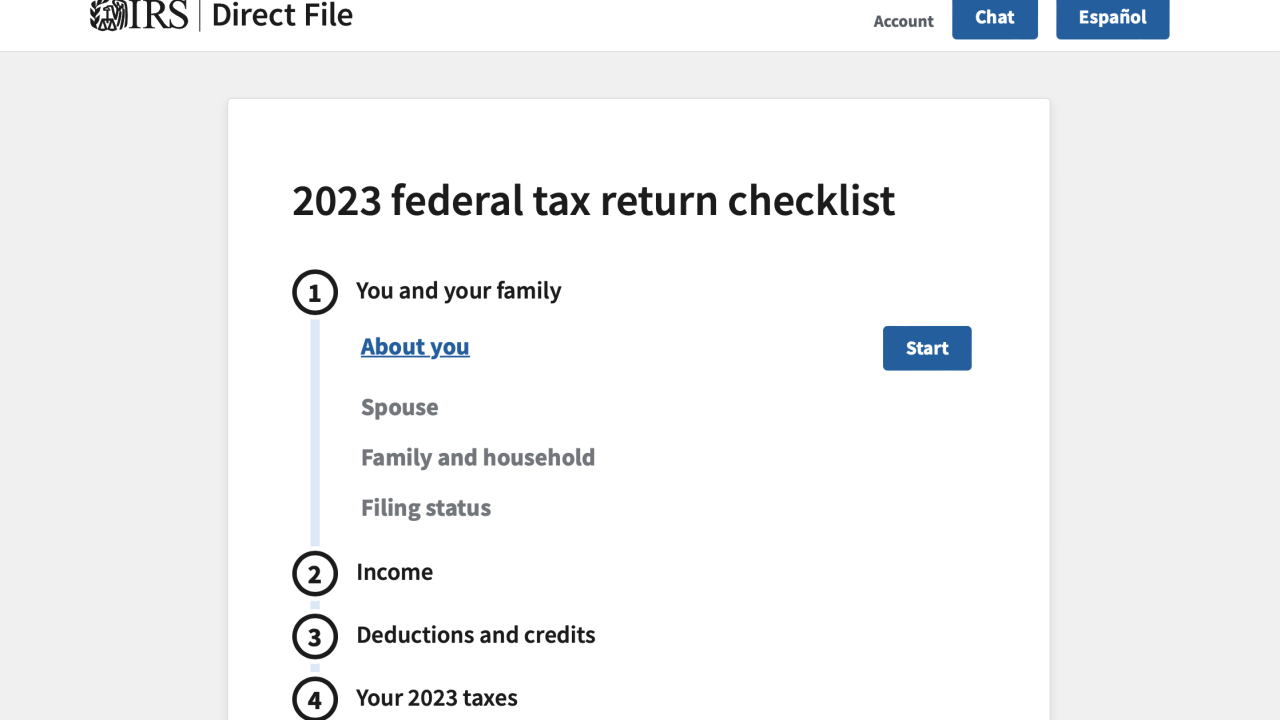A "stagnating" CPA business model is one where the rational pattern of supporting its clients with new products and services stops developing, growing or advancing adequately to support the firm's practices. That's what I see happening to the "advisory services" practice, following the downturn of compliance services and wealth management services.
The major cause for a stagnating business model is the company is not supporting a customer-centric driving force, but one that only supports itself. I believe that relates well to the current CPA profession today. If so, the only differentiator is price, and because this is a mature marketplace, price is elastic, so when one firm drops its price for a project, the incumbent must follow or risk losing the business.
Have you ever looked at the websites of the top five CPA firms in your market and observed what similar services they provide? I did. I looked at the websites of seven mid-tier CPA firms in the Chicagoland area and found little difference in the services offered.
However, in advisory services, practically every service offering was a financial offering that looked like "filler" on each website. This confirmed that none of the firms are paying much attention to what advisory services are shown, and if asked for CPA help in one of those financial areas, such as M&A, the partners would find a current member of the firm to handle it.
As mentioned in an
As if that weren't enough for the profession, another dilemma is on the horizon, with a significant portion of CPAs at or approaching retirement age. What impact will that have on the valuation of the firm in an acquisition transaction?
If you get the feeling this business model appears to be another Uber, you could be right. Very mature industry and market, high price elasticity, aging ownership, not customer centric, non-innovative services, and linked to only one function, financial, with little or no reliance on technology.
While that appears to be the "bad" news in the current business model, it also brings a positive spin to the "good" news of a new business model. The new model becomes more customer centric with nonfinancial services, maintaining financial services but innovating with new services required for successful clients.
A new CPA business model must turn itself into a customer centric model that performs a transformation of the firm's organization to address the declining CPA talent, with outsourced talent as well as collaborating with in-house talent.
Innovative new services should be based on the needs of the clients, but I would assume any new model relies less on payroll/HR types of services and more on strategic management, learning and development, and marketing strategy services, with an emphasis on a technology arm in AI for its clients.
The list of services provided by today's CPA firm in its new business model will become vibrant again, with a complete change in strategy. Only the strategically managed firms will succeed, and that means a major change in the business model.
It also means a transformed CPA firm, where all the partners must master the competencies of high growth management to adjust to a major change in their organization, and one where subject matter experts become a key ingredient to its success.
These should be exciting times for agile CPA firms because those firms that adapt and change their business model will be the leaders of the industry, no matter what size they are.





